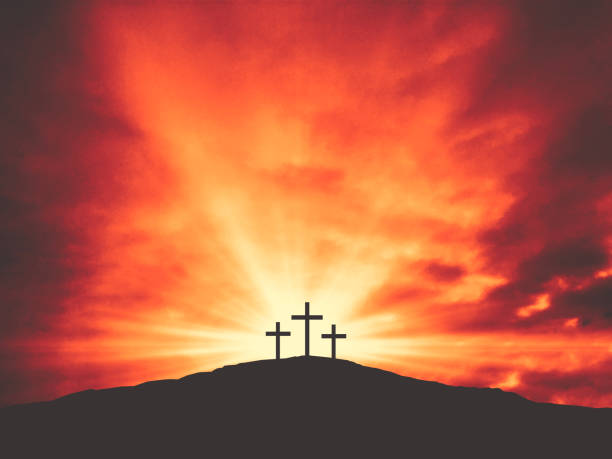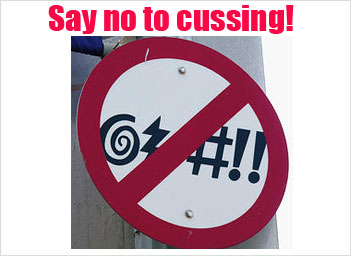ANOTHER way of asking ‘What was abolished by Christ?’ would be ‘what really ended at the cross of Calvary?’ We will try to answer this question based on the Holy Scriptures.
What did Christ abolish at the cross?
…having wiped out the handwriting of requirements that was against us, which was contrary to us. And He has taken it out of the way, having nailed it to the cross (Colossians 2:14).
…having abolished in His flesh the enmity, that is, the law of commandments contained in ordinances, so as to create in Himself one new man from the two, thus making peace, and that He might reconcile them both to God in one body through the cross, thereby putting to death the enmity(Ephesians 2:15-16).
So, is the Old Testament obsolete now?
Dr. Adam Clarke in his commentary says: “By the handwriting of ordinances the apostle (Paul) most evidently means the ceremonial law.”
Writing in The Teacher (October, 1943), American theologian J Philip Hyatt said: “Jesus did not give a new moral code. He was not a second lawgiver like Moses. He was far greater, and His moral teachings stand on a far higher plane than those of Moses. He was not so much concerned with laying down detailed rules for the regulation of the moral life as with enunciating eternal principles by which men should live under God and with talking about motives and purposes which should rule all our actions.
“Jesus did not give a new code, but He also did not say that the moral teachings of the Old Testament were suspended. The ceremonial and ritualistic laws of the Old Testament are abrogated for the Christian, but not the Ten Commandments.”
Another question we should ask ourselves here in this regard is: What aspects of the ceremonial system are particularly mentioned as foreshadowing Christ, and thus ending at the cross?
We have the answer to this in Colossians 2:16, 17. “So let no one judge you in food or in drink, or regarding a festival or a new moon or sabbaths, which are a shadow of things to come, but the substance is of Christ.”
The ceremonial system of worship ended at the cross. In John 4:21, Jesus told the Samaritan woman: ““Woman, believe Me, the hour is coming when you will neither on this mountain, nor in Jerusalem, worship the Father.”
If that’s the case what was the purpose of the sacrifices of the ceremonial system?
For the law, having a shadow of the good things to come, and not the very image of the things, can never with these same sacrifices, which they offer continually year by year, make those who approach perfect (Hebrews 10:1).
We can understand this better by the supernatural act of God where the veil of the temple was torn into two from the top to the bottom (Matthew 27:51). God was telling the Jews and the church to be installed soon that henceforth men might have direct access to His presence, without a mediating priest on earth. Now, you don’t need Mother Mary, Moses, Aaron or for that matter Peter or Paul or John to come to God.
Hebrews 10:8-10 explain this: “Previously saying, “Sacrifice and offering, burnt offerings, and offerings for sin You did not desire, nor had pleasure in them” (which are offered according to the law), then He said, “Behold, I have come to do Your will, O God.” He takes away the first that He may establish the second. By that will we have been sanctified through the offering of the body of Jesus Christ once for all.”





















